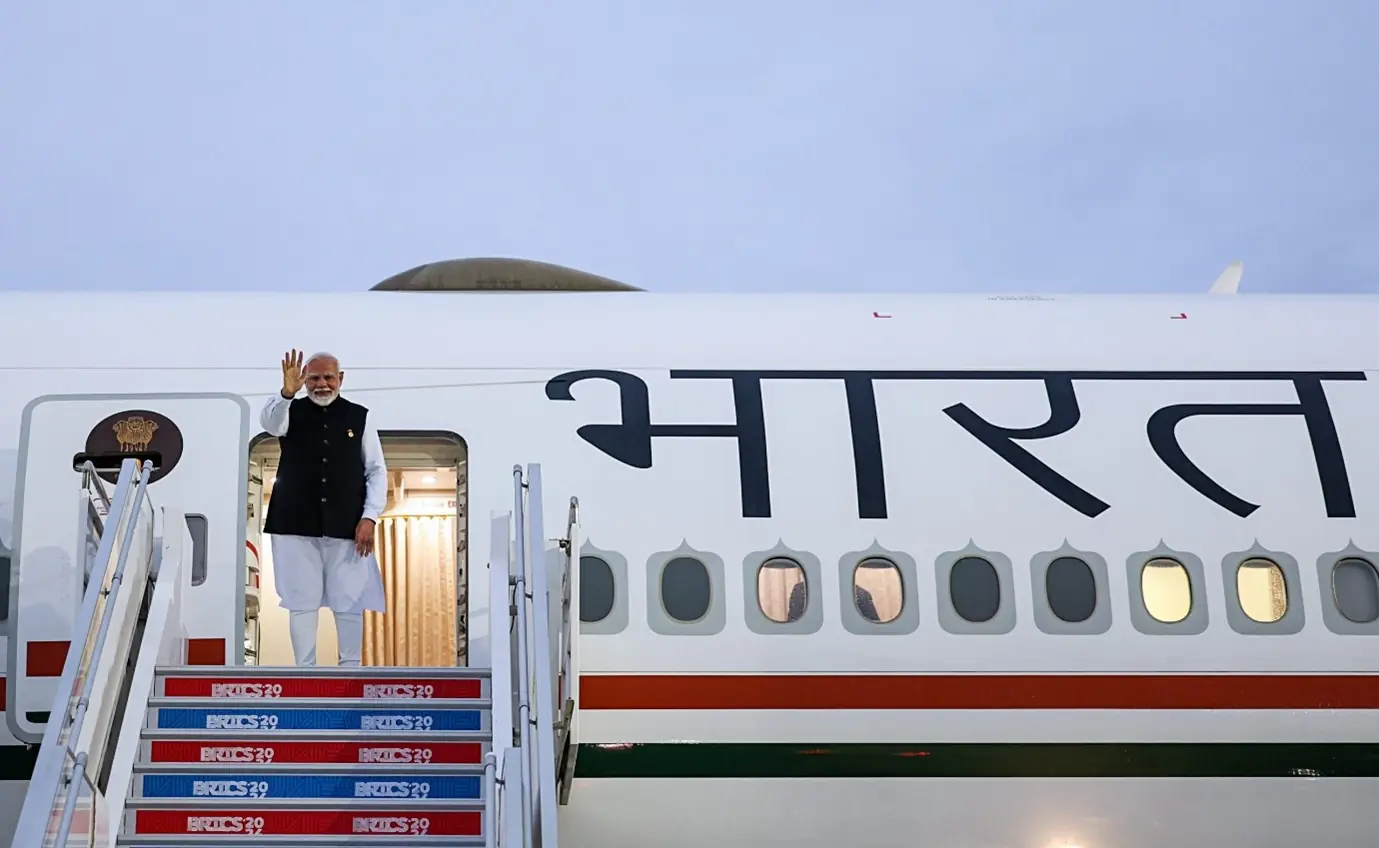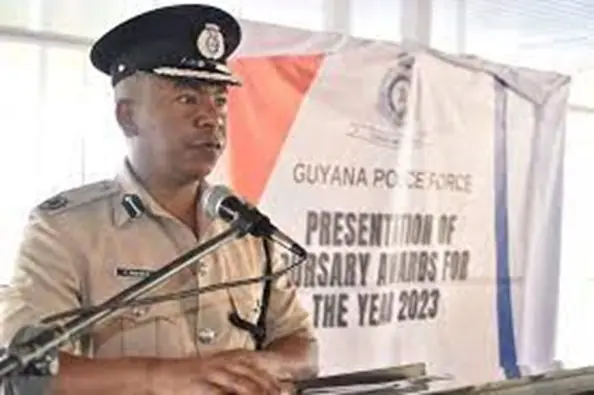Guyana seeks peaceful solution as UNSC meets to discuss border dispute
The Permanent Representative for Guyana to the United Nations shed light on seeking peaceful solutions to their dispute against Venezuela.
11th of April 2024

Carolyn Rodrigues- Birkett, the Permanent Representative for Guyana to the United Nations, stated once again that her nation continues to seek a peaceful resolution to its dispute with Venezuela.
The statement comes on the back of a private meeting held by the United Nations Security Council on Tuesday, which brought influential dignitaries together at the request of President Irfaan Ali.
The meeting focused on the most recent tensions between the two nations after President Ali’s letter to the council, sent on the 5th of April alerted members to the trouble brewing over the Essequibo region.
The meeting was given the theme, “Threats to international peace and security” and saw Miroslav Jenča giving a succinct brief to the council in his capacity as the Assistant Secretary-General for Europe, Central Asia and the Americas.
The council employed its provisional rules of procedure, specifically rule 37, which allowed Miroslav Jenča to be a part of the proceedings and delineate his perspective on the matter.
This step taken by the United Nations became necessary as President Ali highlighted Article 35 (1) of the UN Charter, in his letter to the council. The article stipulates that any United Nations member has the ability to bring before the Security Council or the General Assembly, a dispute which meets the parameters given in Article 34.
President Nicholas Maduro of Guyana signed the controversial “Organic Law for the Defense of Guayana Esequiba” on the 3rd of April, leaving Guyana and many other nations in the region concerned. President Ali mentioned this development in his letter to the council, siting it as a clear marker of Maduro’s intention to annex Guyana’s Essequibo region by force.
If this comes to pass, the subsequent conflict would have the potential to have far reaching effects on the stability of the region, which has left many observers worried.
Venezuela has argued that the law merely follows up on the referendum conducted on the 3rd of December, 2023, which seeks the establishment of ‘state number 24’ or Guyana Esequiba, placing the region with in the Bolivarian Government of Venezuela’s control.
President Ali’s letter to the Security Council reminds members that this move by the government of Guyana flies in the face of the provisional measures given by the International Court of Justice (ICJ). According to him, Venezuela is at the verge of seizing a large portion of Guyana’s sovereign territory, which could have a catastrophic effect on regional security.
President Ali wishes the international fraternity to realise that Venezuela is taking steps which go against International Laws, as well as the Argyle Agreement.
He also rubbished Maduro’s claim that Guyana has allowed the Central Intelligence Agency to establish bases in Essequibo, which he believes to be a very dangerous false narrative being propagated by the Venezuelan president.
Rodrigues- Birkett gave a presentation before the council, explaining the history of the dispute between the two nations and how Venezuela is disregarding the Argyle Declaration, International Laws and orders issued by the International Court of Justice (ICJ) to pursue the annexation of Essequibo.
She reiterated that Guyana remains committed to maintaining peace by coming to an amicable resolution to the dispute. She also asked the council to ensure that it performs its duty of getting Venezuela to conform to the laws and principles enshrined in the UN Charter.
Samuel Moncada Acosta, Venezuela’s Ambassador to the United Nations, was present at the meeting and said that his nation has no plans to occupy Essequibo.
While the United Nation have not released a statement giving the organisation’s stance on the matter, following the meeting, the United Kingdom spoke against Venezuela via twitter, stating the following, “Venezuela cannot act unilaterally to disrupt the peace of the region.
The border was settled in 1899 through international arbitration and must be respected.”
Despite the assurances given by the Venezuelan Ambassador, the fact remains that the latest law passed by Venezuela questions the efficacy of the 1899 Paris Arbitral Award and rejects the International Court of Justice’s (ICJ) ruling on the matter.
Venezuela has been making attempts to claim the Essequibo region since 1841 under the pretense that the British Empire encroached on Venezuelan territory. It also questions the 1899 Paris Arbitral Award which set the borders between the two nations.
Latest
- National School Meals Programme rejects claims of substandard vegetarian meal in Antigua and Barbuda
-
LIAT Air Expands Caribbean Network with New Routes to Antigua and Montego Bay -
US withdraws advisory on St. Kitts and Nevis, gives green flag to its Citizenship Programme -
CARIFTA Games 2026 set to take place in Grenada from April 4-6 -
West Indies Women’s Cricket team announced for T20 series against Sri Lanka in Grenada
Related Articles

5th of December 2024

12th of December 2024

10th of December 2024

9th of December 2024

22nd of November 2024

20th of November 2024

20th of November 2024

18th of November 2024
